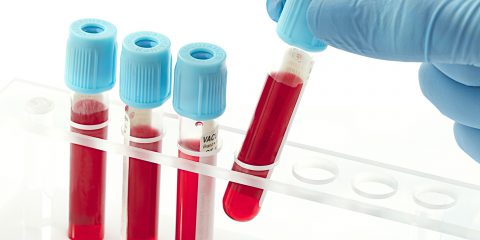
Maurizio Suppo
EU IVD Representative at Assobiomedica
Maurizio Suppo obtained his Ph.D. in molecular biology from the University of Turin (Italy) in 1985 and has more than 25 years of experience in the field of regulatory affairs and quality systems for medical devices and IVDs. He has been the Director of the European Diagnostic Manufacturers Association (EDMA) and had a significant role in the development of the European IVD Directive 98/79/EC. His knowledge and experience in RA&QS go beyond the European borders due to his responsibility for world-wide regulatory affairs in a major IVD multinational company. Maurizio Suppo is currently a Principal Consultant at Qarad and the EU IVD representative at Assobiomedica. He is a regular speaker and chairman at international conferences and published more than 25 articles in the specialized press. He is fluent in Italian, English, French and has a basic knowledge of Spanish.
2 blogs from the author

Specific Biological Properties Distinguish In Vitro Diagnostics
My first blog provided the necessary insight into in vitro diagnostics and their distinguishing characteristic of never directly coming in contact with the human body. So how do they work? What differentiates them from other medical devices you hear about? The answer is that vast majority of in vitro diagnostics (IVDs) rely on biological properties and materials in order to perform as intended.

Understanding in Vitro Diagnostics & Why They Need a Separate Regulatory Framework
Many times I’ve found myself in situations where I had to explain that indeed in vitro diagnostics (IVDs) are to all extent medical devices but that, in practice, the subject we happened to be discussing would not entirely (or at all) be applicable to IVDs.
It was always a case of: “…yes, yes.. BUT”…
If there is one message you take away from this post, let it be… IVDs have very different risk sets associated to them: no direct contact with patient, value of the medical data they deliver and that they provide no treatment.


